Home Loans
Apply NowMontana's Choice for Home Loans
We all know the purchase of a home is one of life's biggest milestones. You'll want a local lender on your side to be your advocate as you navigate the mortgage process. Our home loan experts are your future community members and will work hard on your behalf to secure a competitive rate and get you into your dream home as quickly as possible. What's better - if you're in a competitive buying situation, a home loan from a trusted local lender may make your offer more favorable. Start your home loan process today with one of our experienced lenders.
Make Your Loan Decision Confidently
We believe our clients deserve transparency about their loan options, and our total cost analysis gives you the information you want to have about your loan. The first step is to get pre-qualified by one of our home loan professionals.
What type of loan is right for me?
Every borrower is unique. The right loan choice depends on many factors. We highly recommend talking with one of our Real Estate Loan Officers who can help guide you through the process. Here is some general information about several different loan program options.
Fixed Rate or Adjustable Rate
A fixed-rate loan provides a fixed rate throughout the life of the loan, meaning the rate will not change 10, 20, or 30 years from now. A fixed-rate loan may be the better choice if you want stable payments and plan to live in your home long-term.
With adjustable-rate mortgages (ARMs), the interest rate will fluctuate over time. ARMs can either go up or down, which will affect your monthly payment. An ARM may be a good option if you only plan to live in your home for a few years.
Conventional Loan
With a conventional loan, the lender assumes the risk for lending you money. As a result, conventional loans have more stringent credit requirements and higher down payment requirements.
- Conforming loans are those that adhere to loan limits set by the Federal Housing Finance Agency (FHFA). As of 2025, the conforming loan limit is $806,500 for one-unit properties.
- Jumbo loans are those that exceed the conforming loan limits. Interest rates are usually higher on jumbo loans because they represent greater risk to the lender. There may also be stricter credit standards and underwriting requirements.
Government-Sponsored Loan
With a government-sponsored loan, such as FHA, VA, or USDA, the government backs the loan, or assumes the risk for lending you money. They typically have easier requirements to qualify for, and can have as little as no downpayment.
- FHA loans are backed by the Federal Housing Administration (FHA). Because of reduced requirements to qualify, borrowers are required to pay a mortgage insurance premium (MIP) on top of their monthly payment.
- VA loans are backed by the U.S. Department of Veterans Affairs, and require no down payment (100% financing) and no mortgage insurance. They are available to eligible veterans, active-duty members, reservists, National Guard members, and surviving spouses.
- USDA loans are backed by the U.S. Department of Agriculture, and are available for homes in eligible rural areas. While USDA loans do not require a down payment, they do require mortgage insurance.
What are closing costs?
In addition to your down payment and monthly mortgage payment, there are several other costs that come with buying a home. These are called closing costs.
Closing costs often represent one of the most unexpected expenses for homebuyers. They typically account for 2% to 5% of the home’s purchase price, so it’s important to save for them ahead of time. Closing costs are due on closing day, or the day you sign your loan paperwork and the property title is transferred into your name. Everyone’s closing costs vary slightly, but below are some examples of what might be included:
- Appraisal Fee: A fee paid to the appraiser to estimate the fair market value of your home.
- Attorney Fees: If your state requires an attorney to be present at closing, you’ll be responsible for any applicable attorney fees.
- Credit Report Fee: A fee paid to the lender that covers the cost of pulling your credit report. Your lender looks at your credit history to determine your creditworthiness, or how likely you are to repay your debt.
- Discount Points: An optional, upfront fee that you can pay to lower your interest rate over the life of your loan. One point typically equals 1% of the loan amount.
- Home Inspection Fee: A fee paid to the home inspector for assessing the home’s condition and identifying any needed repairs.
- Origination Fee: A fee charged by the lender for originating or creating the loan. Typically 1% of the loan amount.
- Prepaid Expenses: A portion of your property taxes, homeowners insurance, and accrued mortgage interest will need to be paid up front at closing.
- Recording Fees: Fees paid to your local government for recording the real estate purchase and making it a part of public record.
- Title Service Fees: Fees paid to the title company covering the title search, title examination, title insurance, and in some states, the fee for facilitating your closing.
- Real Estate


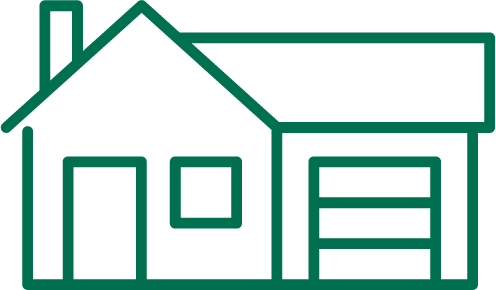
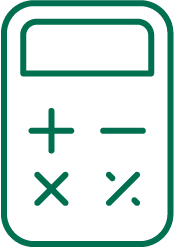
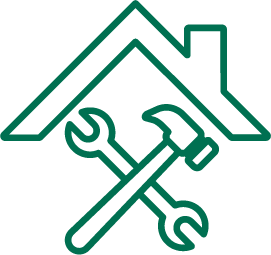
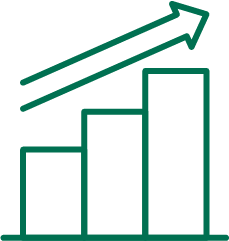
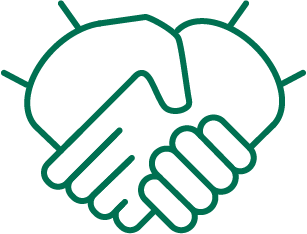
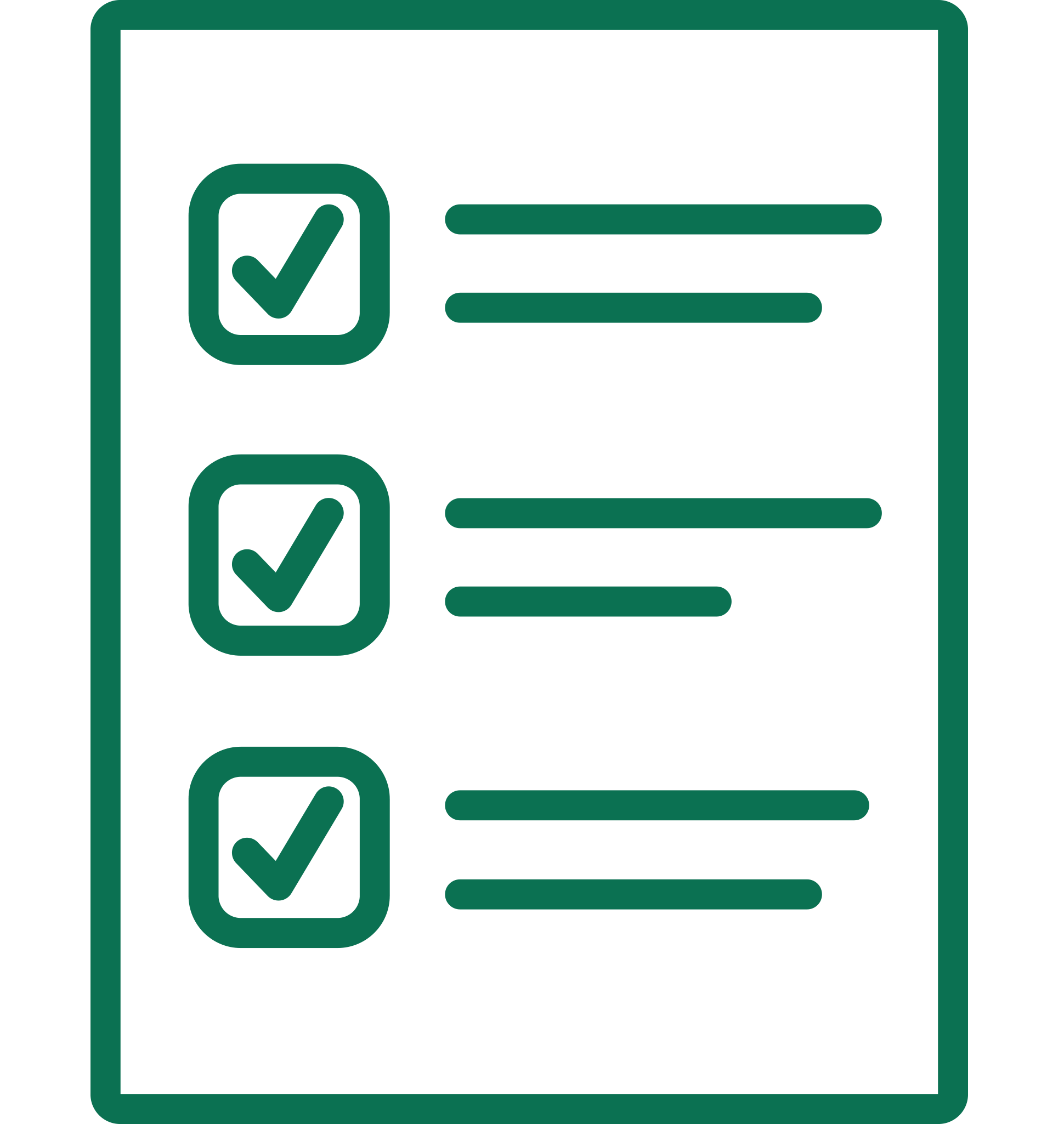

Leave a commentOrder by
Newest on top Oldest on top